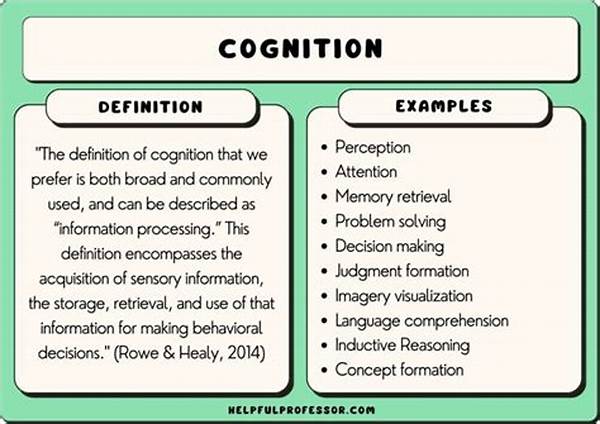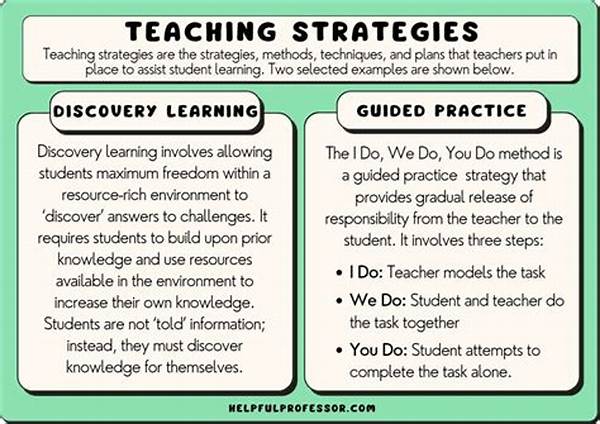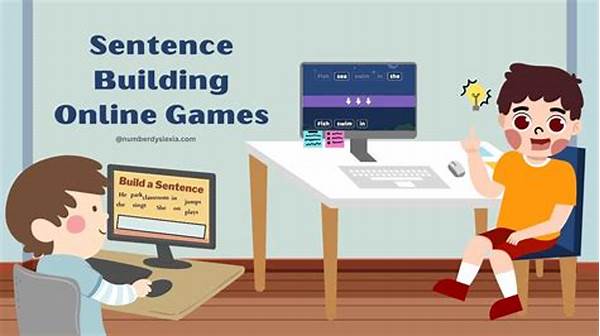Once upon a time, in the bustling city of Neuroland, there lived a young girl named Lexi. Lexi wasn’t your typical teenager. She had a curious mind and an uncanny ability to decipher words quicker than most could blink. Her knack for understanding language wasn’t just a gift; it was the result of the fascinating and complex dance happening in her brain every time she opened a book. This magical dance, known to us mere mortals as the cognitive aspects of word recognition, turned mere squiggles on a page into stories, emotions, and knowledge.
Read Now : Popular Christmas Gift Fiction Novels
Lexi’s Journey through the Land of Words
Lexi’s adventures through the land of words revealed the incredible role of the brain in understanding and recognizing language. Each time she laid her eyes on a word, her brain would spring into action like a well-oiled machine. She’d often marvel at how effortlessly her mind decoded words, making sense of letters and sounds almost instantaneously. The cognitive aspects of word recognition weren’t just about seeing letters; it was about connecting those letters with sounds and meanings in real-time. In Neuroland, it was as if words danced and jumped, playing a vivid movie in her mind. Lexi’s world was an endless library of thoughts, where every word told a story, and every story was a new adventure.
Lexi couldn’t have realized it, but each recognition of a word was like solving a miniature puzzle in seconds. It was the cognitive aspects of word recognition at play—an intrinsic, almost invisible process that involved countless neurons firing, piecing together bits of information gathered over years. The brain was a superstar, mapping letters to sound, sound to meaning, and meaning back to letters, in a symphony of understanding. She saw beyond letters; she saw meaning.
For Lexi, understanding words wasn’t just about reading—it was about embracing the nuances and quirks of language. The cognitive aspects of word recognition involved more than just the mechanics of the eyes scanning text; it was a full-blown sensory experience. Sounds, meanings, and visuals combined to paint a rich tapestry of understanding, far beyond the black-and-white of the printed page.
Decoding the Magic: The Science Behind Lexi’s Skill
1. Attention to Detail: The cognitive aspects of word recognition rely heavily on focusing attention on the details. Lexi’s brain needed an eagle eye to spot letters and differentiate between similar shapes.
2. Memory Matters: Our girl Lexi depended a lot on her memory to recall what she’d learned before. One of the cognitive aspects of word recognition is the ability to store and retrieve words from memory.
3. Pattern Recognition: Recognizing patterns in words is a huge deal. Lexi could quickly spot patterns, which is one of those awesome cognitive aspects of word recognition that makes reading a breeze.
4. Sound to Letter Connection: Matching sounds to letters is crucial. It’s one of those cognitive aspects of word recognition that makes you whisper “Ah-ha!” when you get that tricky word.
5. Meaning-Making: Beyond letters and sounds, understanding meaning is huge. Cognitive aspects of word recognition are all about connecting words to concepts and feelings.
Lexi’s Brain Adventures
What made Lexi’s story unique was how effortlessly she navigated the world of words. Her brain was the ultimate word-processing machine, working overtime on the cognitive aspects of word recognition. Each page turned was an opportunity for her mind to flex its muscles. The letters weren’t just symbols; they were gateways to worlds unexplored. Through her journey, Lexi realized that her ability to decode words was less of a solitary path and more of an interconnected web of thoughts, memories, and sounds.
Read Now : Ready-to-print Book Group Questions
Lexi’s friends were amazed at how she could grasp multiple texts and still remember what she read a month ago. Her brain seemed like an impenetrable vault of stories and facts, a testament to the cognitive aspects of word recognition. It wasn’t just about fast reading; it was about deep understanding. Whenever she took her friends on her literary escapades, they witnessed firsthand the magnificence of cognition—transforming ink into imagination.
The Brain: A Word Wizard
Understanding what happens in Lexi’s brain every time she reads is like uncovering magical secrets. The cognitive aspects of word recognition are like enchanting spells in place, ready to cast meaning and context to words in the blink of an eye. Her brain, though quietly working in the background, is a wizard mastering the art of interpretation and meaning-making. Every word is a spell woven with understanding and memory.
Sometimes, Lexi found herself marveling at the wonders of her mind. It wasn’t just brains—she was sure some part of it was heart. After all, her recognition of words wasn’t just a mechanical process; it was emotional and fulfilling. Her world was richer, colored by the profound cognitive aspects of word recognition, where letters played at the intersection of logic and emotion. Each word captured not only the essence of information but also a piece of her soul, transforming her into a word wizard, ever curious and ever learning.
Words in the Wild
Lexi knew that to truly get the hang of words, you gotta see them in action. She loved how street signs, random graffiti, and even memes on her phone helped sharpen her cognitive skills. These real-life encounters expanded her understanding of language, as the cognitive aspects of word recognition played out beyond textbooks.
In the wild world of written words, Lexi trained her brain to adapt and flex. She had a blast spotting new phrases and slang, observing how they slipped seamlessly into conversations. The cognitive aspects of word recognition went hand-in-hand with these linguistic adventures, allowing her to become a linguistic chameleon, blending in with both formal and informal settings effortlessly.
Lexi’s Final Thoughts
Lexi’s journey through the cognitive aspects of word recognition taught her the unending marvels of the mind. Words, in their infinite variety, bewitched her, drawing her into lands of fantasy, intellect, and emotion. She understood that the brain wasn’t just a silent partner in reading; it was an active participant, a dance partner in the grand ballet of language. The intricate processes behind recognizing words were what made human language beautifully complex, alive, and deeply personal.




